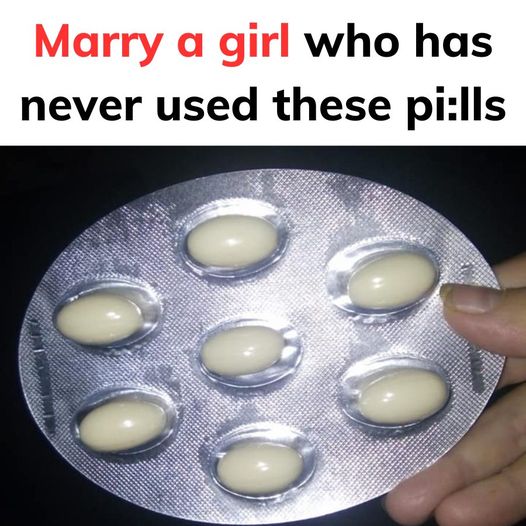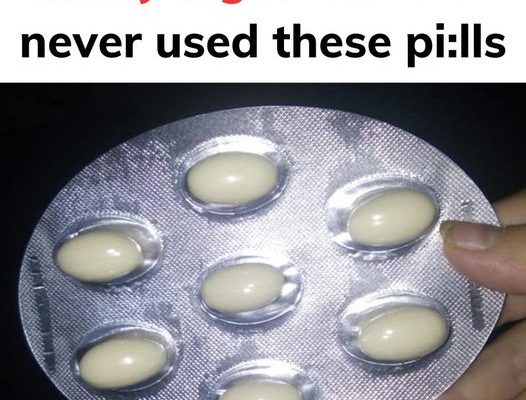When considering qualities in a life partner, many people focus on personality, shared values, or physical attraction. However, one less obvious trait some individuals might contemplate is the use (or non-use) of certain medical treatments, like vaginal suppositories. While it may sound unconventional, there’s a growing conversation about the benefits of marrying a woman who has never used these types of medications.
First, let’s clarify what we’re talking about. Vaginal suppositories, like the POANVAG Vaginal Suppository, are small, solid medical forms inserted into the vagina, where they dissolve and release medication. They are commonly used to treat infections, dryness, or other conditions affecting women’s reproductive health.
So why is there an argument in favor of choosing a partner who has never used such treatments? It’s not necessarily about avoiding the medication itself, but rather what the use—or lack thereof—might represent about a person’s health and lifestyle choices.

Health and Wellness
A woman who has never needed to use vaginal suppositories might be perceived as someone who naturally maintains good reproductive health. She could be more proactive about her overall wellness, engaging in habits that prevent issues before they arise. This could mean she prioritizes nutrition, maintains proper hygiene, and pays attention to her body’s needs. A person who is proactive about their health may also carry these habits into other areas of life, potentially making her a good long-term partner in managing family well-being.
Fewer Health Complications
In some cases, the need for vaginal suppositories can indicate a recurring health issue, like chronic infections or imbalances. While these conditions are treatable, they could lead to complications down the road, especially in areas like fertility or overall comfort. Marrying a woman who has never had to deal with such complications may suggest a future where fewer health-related challenges arise, making day-to-day life smoother for both partners.
A Natural Approach to Life
Some people prefer natural or holistic approaches to health and healing. A woman who has never used vaginal suppositories might lean towards non-medicated, natural solutions for dealing with common health issues. This approach could align with someone who values minimal medical intervention, focusing on a balanced lifestyle instead. If this is something you value, then finding a partner with a similar mindset could foster a shared approach to overall well-being.
Open Communication About Health
One overlooked aspect of choosing a partner is the ability to discuss and manage health-related issues openly. A woman who has been able to avoid the need for vaginal suppositories might be someone who is highly attuned to her body and communicates about her health effectively. This could foster open dialogue in the relationship, ensuring that both partners feel comfortable discussing sensitive topics like sexual health, family planning, or wellness strategies.
Confidence in Her Own Body
Confidence is an attractive quality in any partner, and it often stems from feeling good about oneself. A woman who has never used vaginal suppositories might feel empowered by her body’s natural ability to stay healthy without needing medical intervention. This confidence can translate into other areas of the relationship, fostering a stronger bond built on mutual trust and respect.
Final Thoughts
It’s important to recognize that health choices, including the use of vaginal suppositories, are personal and should not be judged negatively. Many women need to use these treatments for a variety of valid reasons. However, for those who prioritize certain aspects of health and wellness in a partner, the absence of such treatments could be seen as a plus.
Ultimately, the choice of a life partner involves many factors, and health considerations are just one piece of the puzzle. Marrying a woman who has never used vaginal suppositories may align with your values if you prioritize natural health, a proactive approach to wellness, and a lifestyle focused on prevention.



 BREAKING NEWS: Buffalo Bills’ Josh Allen Reveals Shocking Secret He’s Been Keeping from His Team!
BREAKING NEWS: Buffalo Bills’ Josh Allen Reveals Shocking Secret He’s Been Keeping from His Team! 

